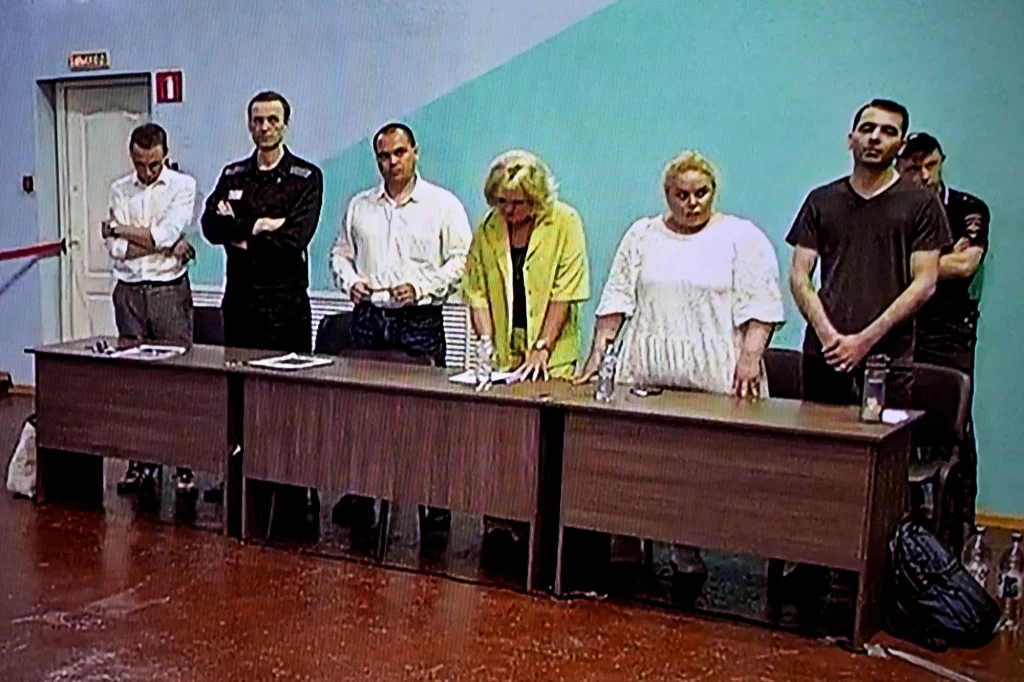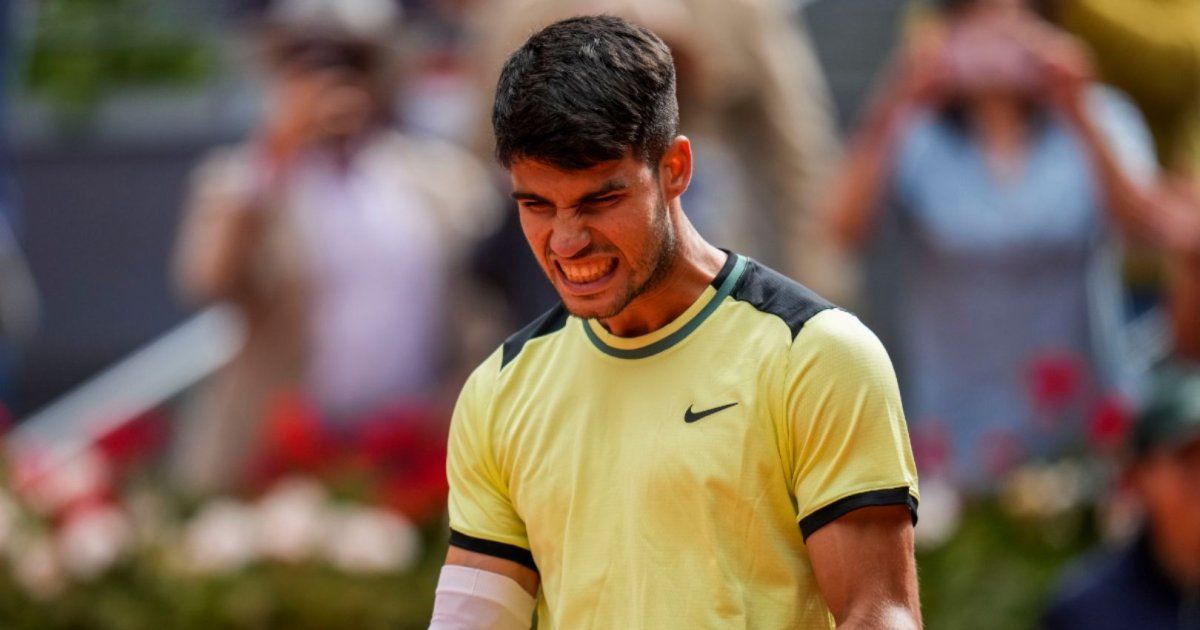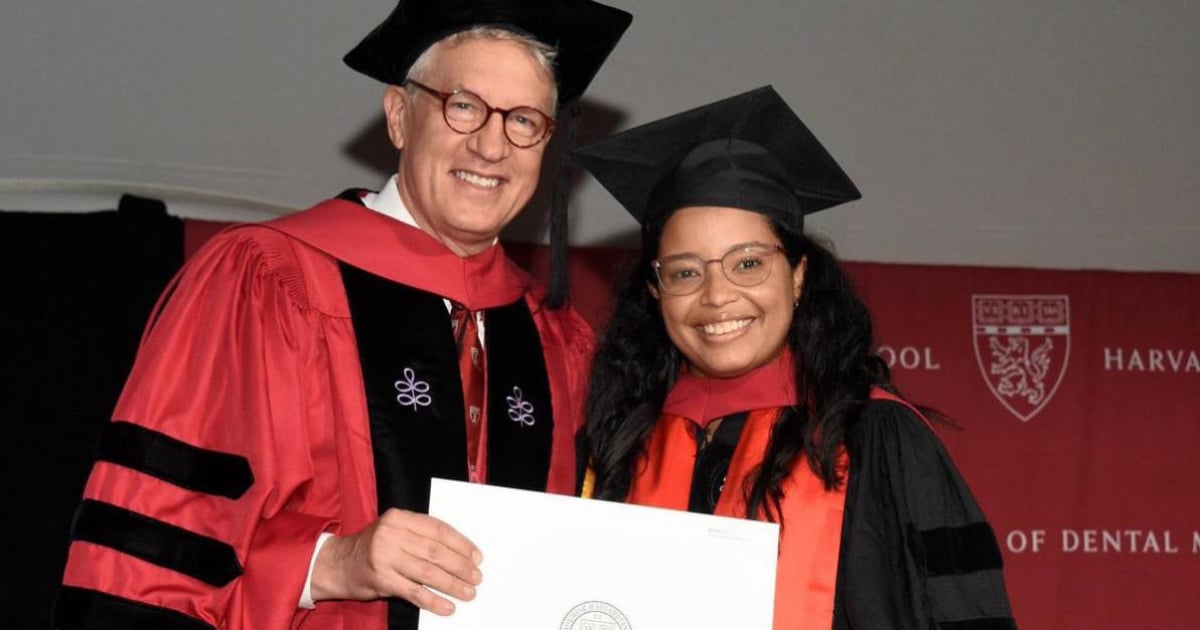The IK-6 penal colony is located in the town of Melejovo, in the Russian region of Vladimir, about 244 kilometers east of Moscow.
Navalny was facing charges of extremism and was already serving sentences totaling 11 1/2 years. A prominent supporter of Russian opposition leader Alexei Navalny criticized the trial leading up to his 19-year prison sentence for extremism.
Leonid Volkov, former president of Navalny’s Anti-Corruption Foundation, said it “appears” that Navalny has been sentenced to 19 years in prison in a special regime colony.
“Because it seems’? Because no one found out. No listeners were allowed in (to the ‘open’ session) at all. The journalists were gathered in the room with the broadcast. The transmission is of such quality that not a single word can be distinguished”.
“After five minutes the judge murmured and left. Here is a ‘court’, such a miserable and criminal state, like this ‘court’ and this broadcast,” said Volkov, who is no longer in Russia.
Navalny’s supporters accuse the Russian authorities of trying to break him down in prison to silence his criticism of President Vladimir Putin, something the Kremlin denies.
A notation in the court file from May this year showed that the new charges concern six different articles of the Russian Criminal Code, including inciting and financing extremist activities and creating an extremist organization.
Russia declared Navalny’s campaign organization illegal as part of a crackdown on dissent that began long before the Ukraine conflict and has intensified in the nearly 16 months since it began. In June this year, one of his campaign’s regional leaders was jailed for seven and a half years.
Navalny, 46, won the admiration of the opposition for voluntarily returning to Russia in 2021 from Germany, where he had been treated for what Western laboratory tests showed was an attempt to poison him with a Soviet-era nerve agent. .
The Kremlin denied trying to kill him and said there was no evidence that he was poisoned with such a toxin.
It was not immediately clear what specific actions or incidents the new allegations were referring to.
One of them refers to the “rehabilitation of Nazism”, a possible reference to Navalny’s statements of support for Ukraine, whose government Russia accuses of embodying Nazi ideology. Ukraine and its Western allies dismiss that accusation as unfounded.
In April, investigators formally linked Navalny supporters to the murder of Vladlen Tatarsky, a popular military blogger and supporter of the Russian military campaign in Ukraine who was killed by a bomb in St. Petersburg.




